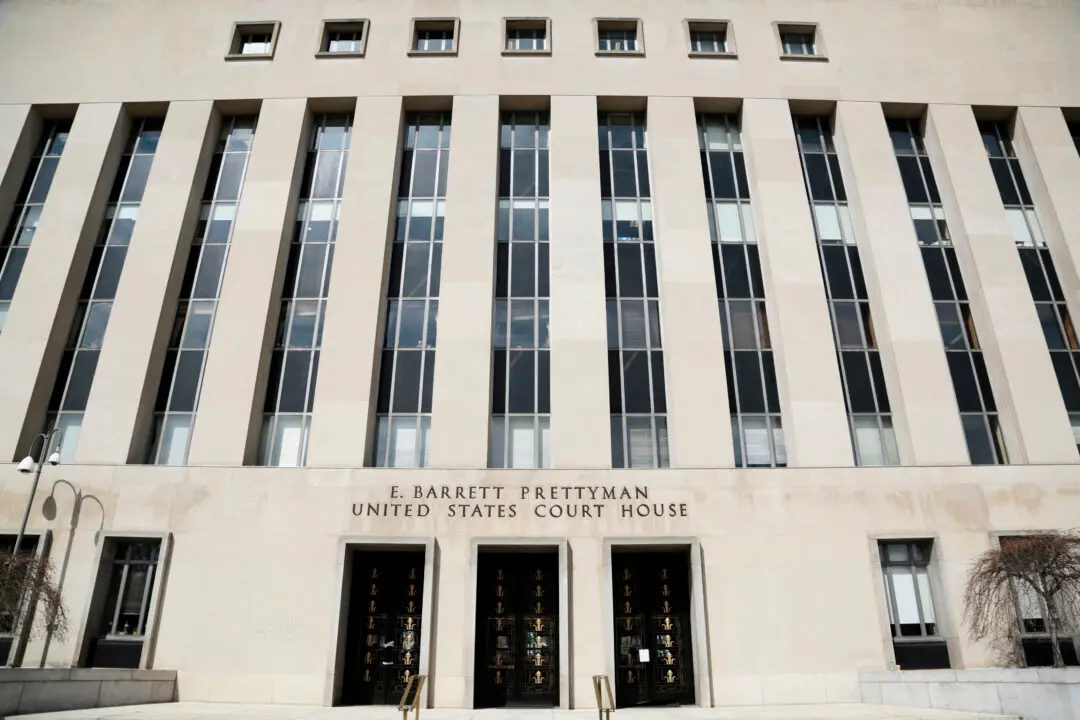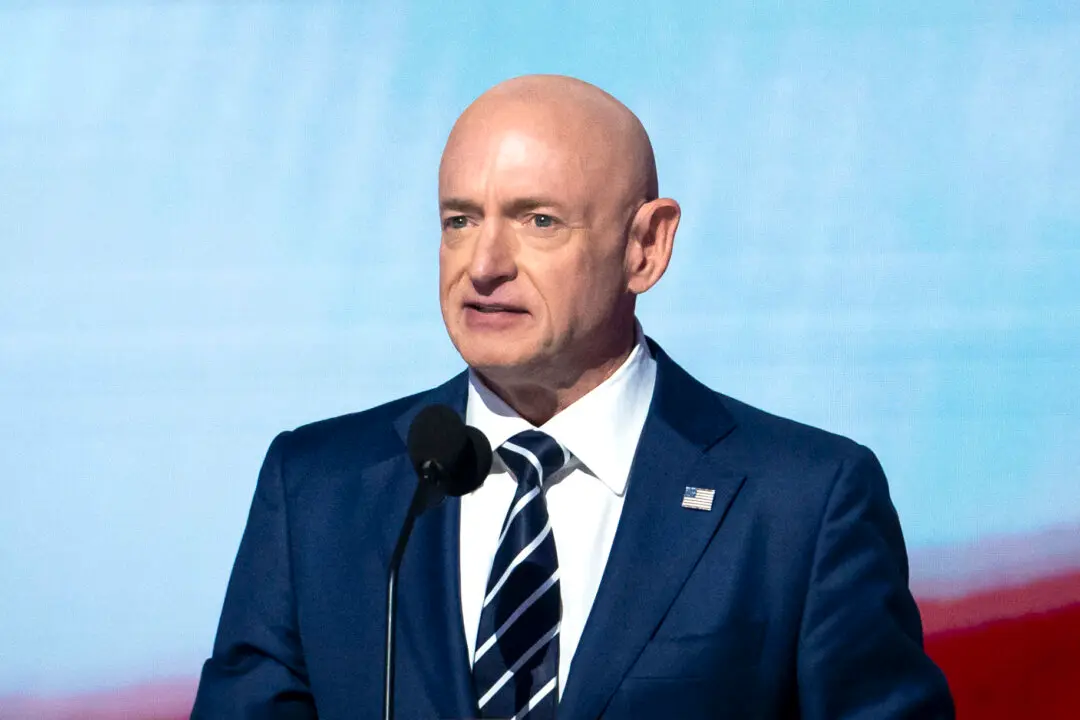WASHINGTON—A federal judge on Feb. 18 heard arguments on whether to block mass firings and new employee buyout programs by the federal government and said he'll issue a decision “sooner rather than later.”
During a hearing Tuesday afternoon, union groups representing hundreds of thousands of federal workers said that Trump’s efforts to slash the federal workforce conflicts with Congress’s power to shape the size and direction of agencies through funding decisions, as well as laws detailing exactly how such layoffs must be carried out.





